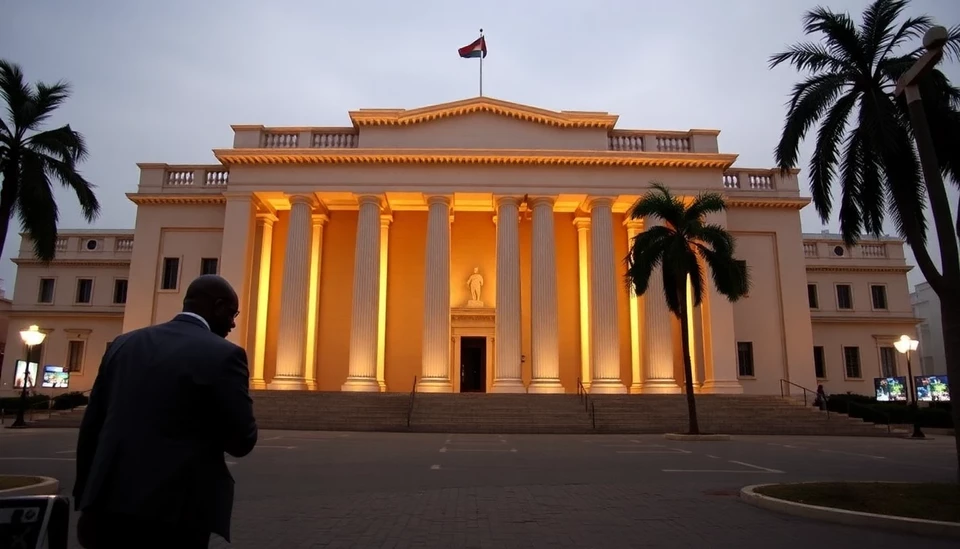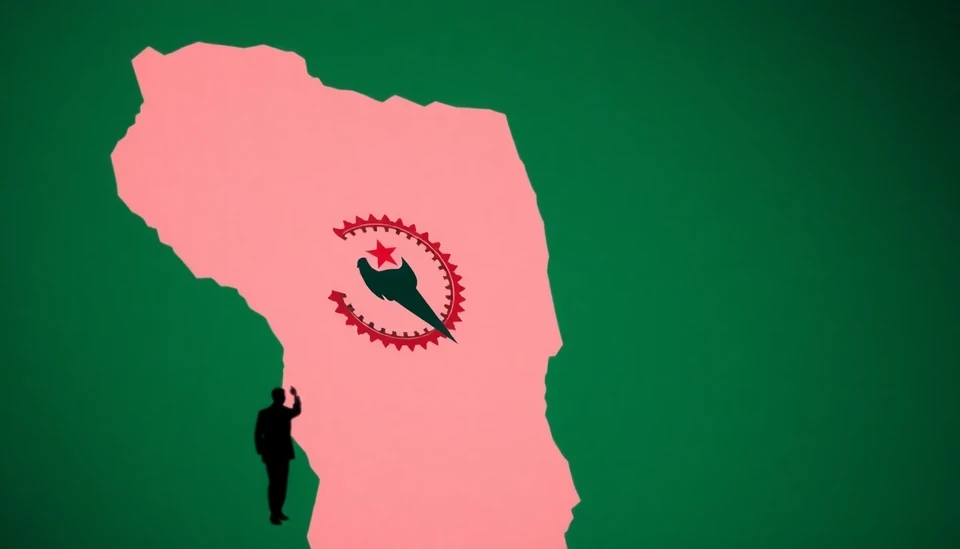
In a critical move towards stabilizing its economy, Angola has announced the postponement of planned wage hikes for civil servants. This decision comes as the country grapples with escalating national debt, which has prompted the government to reevaluate its fiscal strategies.
The Angolan government had previously intended to increase salaries for public sector workers—an action aimed at improving their living conditions amid soaring inflation and economic hardship faced by many citizens. However, with the nation’s debt continuing to balloon, officials recognized the need for urgent fiscal restraint.
Finance Minister Vera Daves articulated that the decision to delay wage increases is a measure to prioritize the country’s financial stability. “We must act responsibly to manage our debt while ensuring that essential services still function,” she stated during a recent press conference. This is particularly significant as Angola navigates a precarious economic landscape, driven by fluctuations in oil prices—its primary export and revenue source.
The postponement has been met with mixed reactions. While some citizens understand the necessity of prioritizing the economy, many civil servants expressed their disappointment, fearing that their financial struggles will continue without immediate relief. “We have been waiting for these adjustments for years; it feels like our government is turning its back on us during a time of need,” commented a teacher who wished to remain unnamed.
As Angola moves forward, economic analysts caution that the government must implement comprehensive reforms to address its debt issues while still fostering social stability. The postponement of wage hikes is just one of many steps in a broader fiscal policy shift that may include potential cuts in public spending and enhanced revenue collection efforts.
In an economy heavily reliant on oil, these adjustments are particularly challenging. Fluctuating oil prices have historically led to significant instability, compelling the government to seek alternative revenue streams and implement cost-cutting measures. The current situation has led to calls for diversified economic strategies to insulate the country from future oil market volatility.
Looking ahead, Angola’s government aims to engage in constructive dialogue with stakeholders, including unions representing civil servants, to develop a sustainable approach to public sector wages. The hope is to eventually restore wage increases when the financial situation stabilizes and the debt burden eases. For now, however, the focus remains squarely on fiscal responsibility and debt management.
This situation unfolds as other nations also confront the challenges of managing public expectations against the backdrop of economic constraints, ultimately raising questions about the balance between fiscal prudence and social welfare.
As Angola navigates these tumultuous waters, further developments regarding wage policies and debt management strategies will be closely watched both locally and internationally.
#Angola #Economy #DebtManagement #CivilServants #WageIncrease #FiscalPolicy #OilDependency #EconomicStability
Author: Rachel Greene




